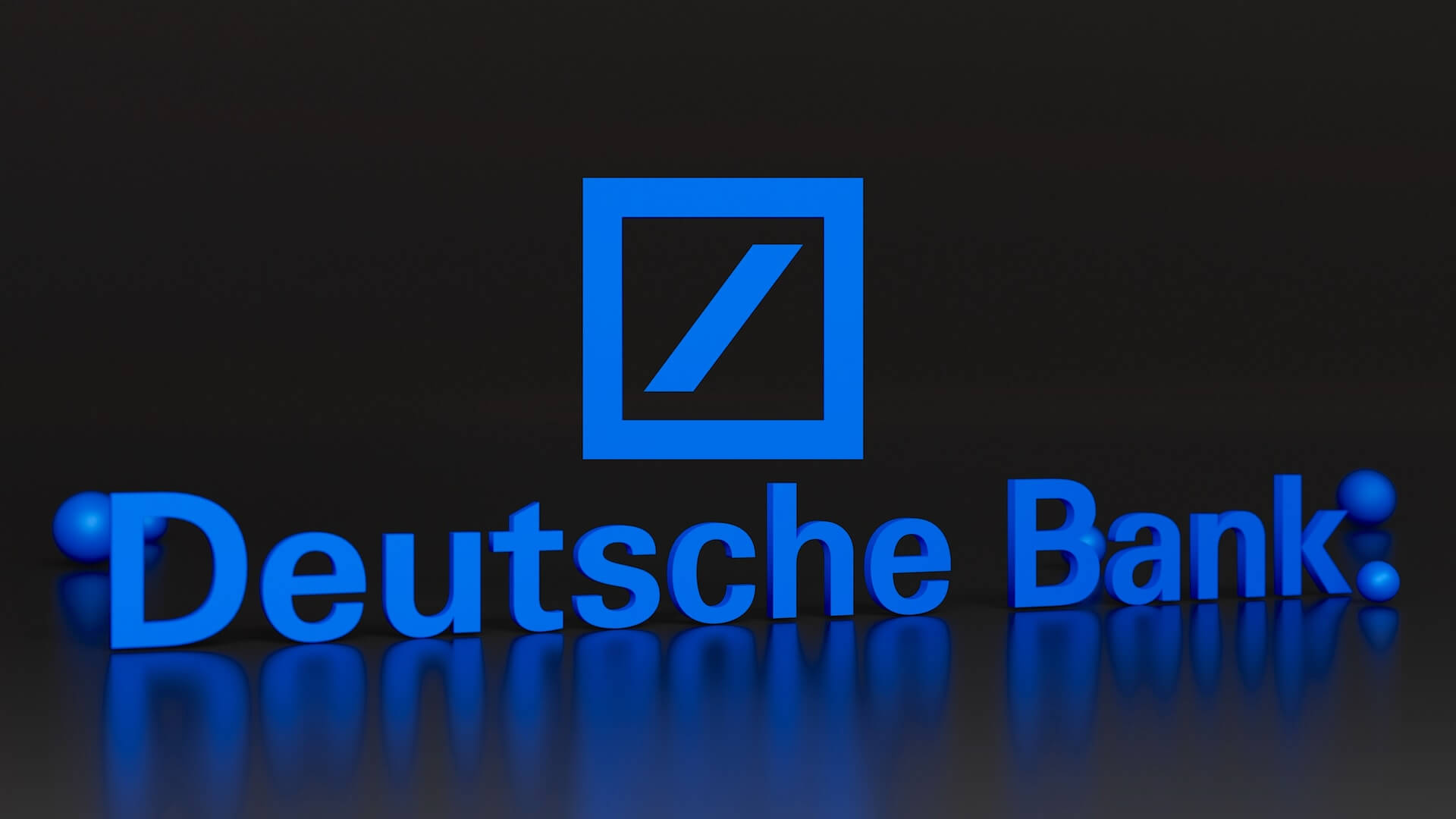
After a period of rapid growth, Deutsche Bank began to encounter a number of obstacles at the operational level.
Data silos and unlinked systems caused employees to waste a lot of time moving information around. In addition, a sea of paper and electronic forms forced employees to manually process documents and verify their contents.
Mark Matthews, Head of Operations for Corporate Clients, Investments and Capital Release at Deutsche Bank, is well aware that digital transformation will greatly improve the quality of service. More importantly, digitalization will subtly change the entire Deutsche Bank corporate culture through a cross-functional approach to collaboration.
Finding the best starting point
Matthews' team started by building activity maps, costing models and organizational charts for all functions. Without such a detailed to-do list, Matthews explained, projects could not be justified at the budgetary level.

Starting with the development of a strategy and the discovery of to-do tasks, Matthews' team decided to choose a set of digital tools. Like most other companies, Deutsche Bank used a hybrid approach that included a range of software tools developed in-house as well as commercially available off-the-shelf software.
Using natural language processing to speed up problem identification
Using natural language processing technology, the data science team quickly navigated through more than 100 million emails to and from employees, partners and customers. Natural language processing is a subfield of artificial intelligence that enables computers to gain the ability to analyze and understand human language. Deutsche Bank's data science team first extracted a set of keywords and then studied their relationship to employees/partners/customers and other keywords. In this way, the team uncovered a number of important issues that Deutsche Bank had never been aware of before.
Matthews notes, "The key to our success is that we will train the natural language processing system using the vocabulary that is prevalent within the business and in the banking industry."

Using automation to improve speed and accuracy of business execution
Deutsche Bank chose software vendor BluePrism to help it advance its robotic process automation, and WorkFusion to build an unattended, intelligent automation program. The automation tools mentioned here are actually digital assistant-type applications that run on computers and can be used to automate various repetitive tasks. Unattended intelligent automation solutions, on the other hand, allow machines to perform tasks and make decisions on their own.
BluePrism's product enables the sharing and collection of data between the banking system and Excel in an automated and controlled manner. Metthews says, "BluePrism allows us to take full control of the company's systems and manage how data is used from the banking system to employees' desktops through pre-defined rules. "
Using the powerful artificial intelligence technology provided by WorkFusion, teams were able to cut the length of time it takes to screen bad customers in half and more efficiently meet the customer understanding obligations required of banking institutions. The software scans customer posts on social media and identifies negative information in context, resulting in a screening effect that goes far beyond simple word association.
In addition, Deutsche Bank uses a digital document capture platform to collect paper documents and forms, and WorkFusion provides a product that organizes the content of paper documents into the bank's systems, thereby facilitating automated data collection and processing. A good example of this is the processing of paperwork for second home mortgages. By introducing optical character recognition (OCR) and scanning technology, Deutsche Bank has saved millions of euros in operating costs, which it has been able to invest in other, more profitable businesses.

Building a digital culture
Matthews' core team is small but large enough to drive digital transformation efforts across the entire operations department. Their main task is to provide the rest of the bank's staff with a control framework, an agile development methodology, and digital tools for automation.
The control framework has a clear set of guidelines and a review process for banks to assess the level of automation of alternative proposals. It ensures that employees can use automation functions at their own discretion while enforcing regular collaboration.
The introduction of automation will significantly amplify the capabilities of each individual employee," said Matthews, adding that for Deutsche Bank, training employees in digital technology has become a central part of their daily work. As software continues to be upgraded, even operations staff without extensive IT experience can achieve business operations capabilities that would otherwise require complex computer programming in a highly controlled environment."
Most automated workflows are process-based, so it is logical to leave the management to operations staff. Recognizing this, Deutsche Bank has created a new career path for "operations engineers" to consistently help employees acquire skills in process alignment, digital automation and data analysis.
Matthews concluded, "We continue to see exciting and excellent results in the bank's digital journey. We also look forward to Deutsche Bank and all our employees continuing to build their own digital culture."
